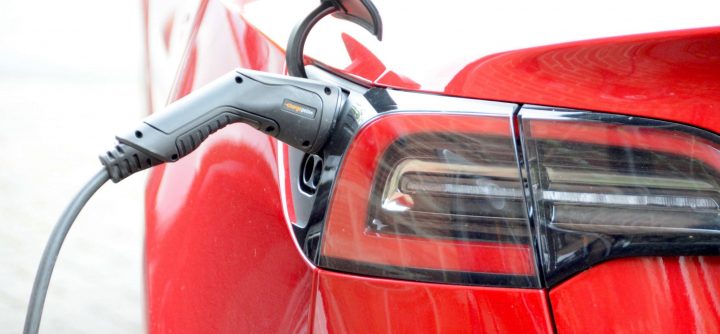The UK Government’s zero-emissions drive at risk because councils don’t have the money to install electric vehicle public charging points, they have told a major trade body,
A freedom of information request issued by leading electrotechnical and engineering services trade body ECA has revealed that over half (52 per cent) of local authorities in the UK said that electric vehicle charge points are prohibitively expensive to install.
The data also highlighted rapid changes in technology and energy network constraints as other barriers to EVCP deployment in UK districts.
Luke Osborne, ECA energy solutions advisor, said, “Members of our industry are remarkably well placed to help deliver a net zero carbon UK by 2050.
“But if local councils don’t have the right infrastructure or funding in place within the next few years, all the promises made at COP26 will have been simple rhetoric.”
He added, “Following today’s pledge at COP26 by 24 nations to ‘end the era of fossil fuels’ by 2040 or earlier, it is disappointing to find that a lack of funding and joined-up policy at the local government level is hindering the rollout of charge point installations.
“More funding must be made available to local authorities, which in turn should work with industry to create a credible plan for deployment, and actually deliver on the promises made today.”
| Steve Bratt, ECA CEO, said new EVCP technology and boosted industry skills must be reinforced by joined-up thinking, “Without an integrated plan to install a comprehensive charging network, customers will not make the necessary switch to EVs. Drivers are understandably worried about being stranded without fuel. We must make the EV charging network a priority in the shift to fossil-free motoring.” | Pembrokeshire is leading the way in Wales with 56 fast charging points over 22kW, Newport City has 49 and Wrexham has 30 over that rate, but Bridgend Country Borough Council reported they did now know how many existed in their area. |
A report produced by the Green Jobs Task Force earlier this year showed that the UK could produce up to 1.6 million Electric Vehicles (EV) by 2040 and 50,000 vehicle technicians and EVCP installers will need retraining or upskilling by 2025 to meet predicted demand.
ECA’s 2,700 Member businesses, with a combined turnover of over £4 billion, ranging from SMEs to large, nationwide contracting businesses, are at the forefront of grid decarbonisation and the electrification of heat and transport.
The COP26 pledge by governments to sell only zero-emissions cars and vans from 2035 needs to be backed up with actual targets set down in law, green group Transport & Environment has said.
A ‘progressive coalition’ at the COP26 climate conference committed to end the sale of polluting cars and vans by 2035 in leading markets and by 2040 elsewhere.
But, with China, the US, Germany and France absent, it will take more than a non-binding declaration to clean up the largest source of transport pollution, T&E commented.
Julia Poliscanova, senior director for vehicles and e-mobility at T&E, said, “The car industry’s electrification plans place it ahead of regulators on climate action. But these won’t materialise without actual targets to end car emissions by 2035 at the latest. The US and Europe, especially Germany and France, need to lead.”
In a separate pledge,the UK announced it would end the sale of all new diesel trucks between 2035 and 2040.
T&E said the policy, if implemented, is world leading and places the UK at the head of the queue for ending the use of fossil fuels in vehicles by 2050.
Greg Archer, UK director at T&E, added, “The technology to power trucks without burning fuel is maturing and costs are falling.
“By placing the UK at the front of the queue we are not only addressing the climate emergency but will also helping to clean up toxic urban air whilst creating new businesses and jobs. This is a win-win for the economy and the environment.”
In the coming months EU governments and members of the European Parliament will decide how to end sales of polluting cars and vans by 2035.
Next year EU law makers will also consider increasing the bloc’s truck CO2 reduction targets for 2030 and setting targets for subsequent years.


